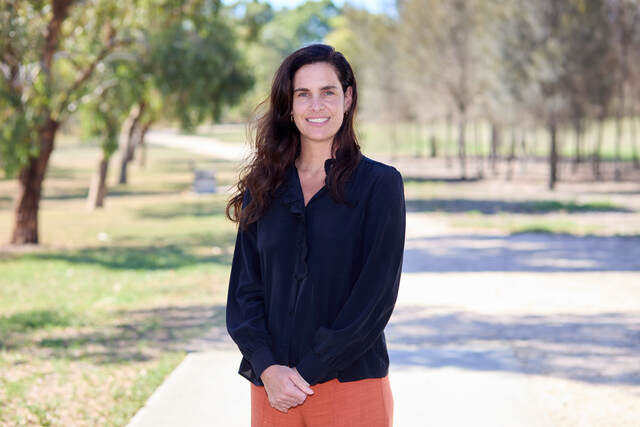For four days after his arrest, Caroline Springs airline pilot Greg Lynn was grilled by detectives about the disappearance of Melbourne campers Russell Hill and Carol Clay.
The couple vanished while camping in the Wonnangatta area of Victoria’s alpine region and until November 2021 no one had any clue what had happened to them.
But what he told officers during that interview will be kept from the public until any future trial.
Lynn, 56, is charged with murdering the couple at their Bucks Camp campsite, sometime after 6pm on March 20, 2020. He denies the charges.
Police allege that after killing the pair he set fire to their campsite to destroy any potential evidence and dumped their bodies in remote bushland near Dargo.
They also claim Lynn returned in May and/or November that year to tamper with their remains by “burning, dispersing and partially interring them”.
Their remains were only discovered on November 29, 2021 – days after Lynn was charged.
DNA evidence was used to identify Mr Hill’s remains while jewellery found with the bodies identified Ms Clay, according to evidence presented at a committal hearing in Melbourne Magistrates Court.
Prosecutors or police are yet to reveal how it’s alleged Lynn killed the couple, or what motivated the murders.
Lead investigator, Detective Sergeant Brett Florence, is among the final witnesses expected to give evidence in the hearing, which will determine if there’s sufficient evidence to send Lynn to trial.
On Monday, Magistrate Brett Sonnet granted a suppression order preventing publications of significant pieces of prosecution evidence, after an application by the defence on Friday.
Among that which cannot be reported on are details of Lynn’s interview with Det Florence and Detective Leading Senior Constable Daniel Passingham, who gave evidence on Monday morning.
That interview, a statement Lynn made in July 2020 and a recorded interview the same day pose a real and substantial risk of prejudice to the administration of justice, barrister Dermot Dann KC had argued.
“The contents of these items of evidence are explosive, or may be seen as explosive in the eyes of readers or viewers,” Mr Dann said during a hearing on Friday, referring to the potential for sensational reporting.
He highlighted concerns over the length of the interview, the approach to Lynn’s right to silence and the approach to his legal advice.
Mr Dann has previously described some aspects of the evidence as “highly inadmissible”, flagging a future challenge to have details cut from the prosecution case altogether.
Det Passingham told the court he was called into the investigation to listen to thousands of secret recordings taken inside Lynn’s home and vehicle.
“There were 5287 recordings, anything from one minute to 30 minutes long, that I had access to,” he told the court.
He was also listening live when he learned Lynn was on his way back to the high country in November 2021, where he was arrested at Arbuckle Junction.
Det Florence is the final witness to be called, later on Monday.







